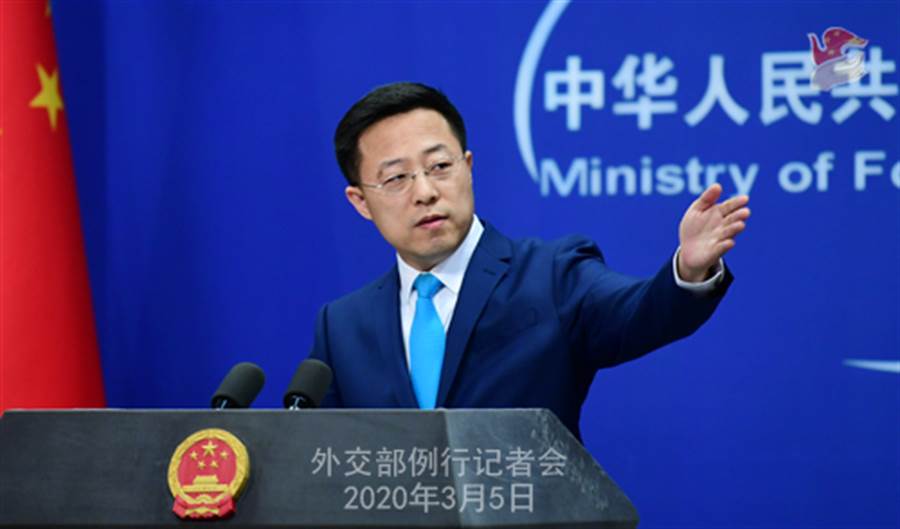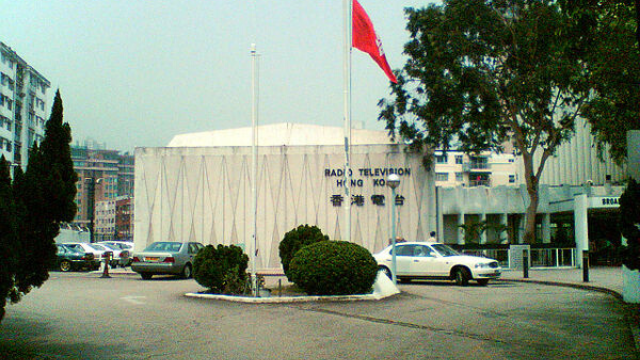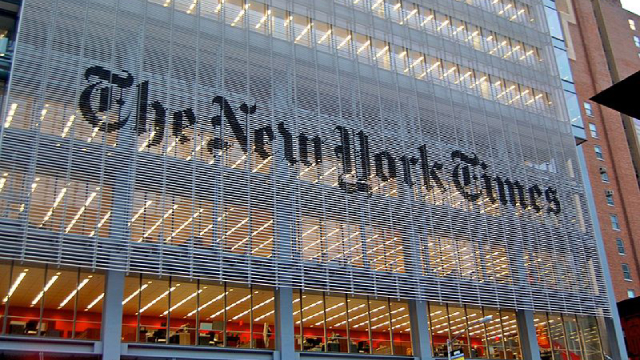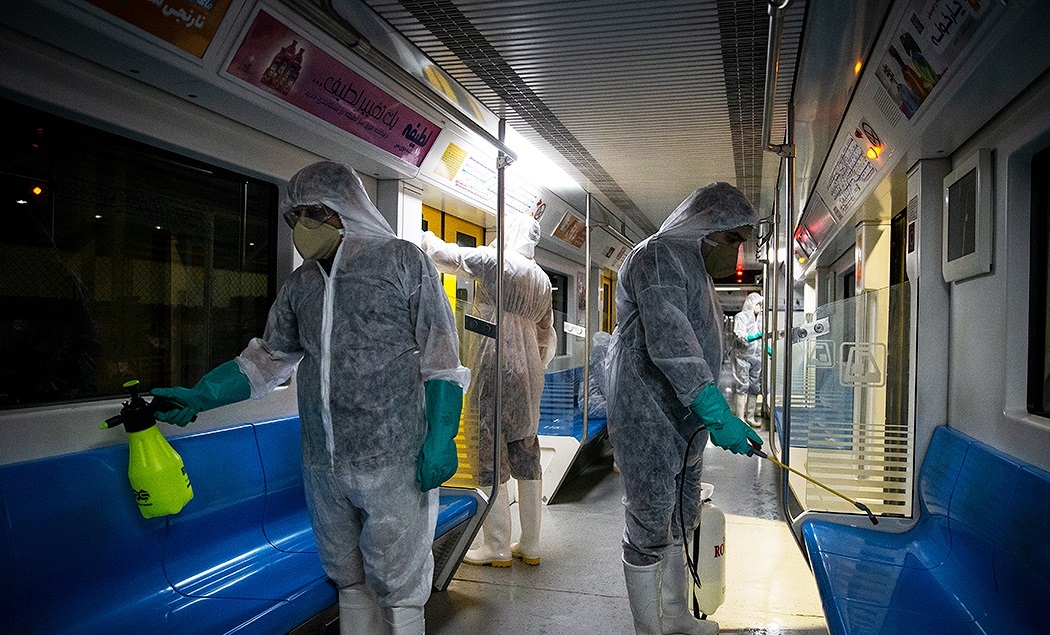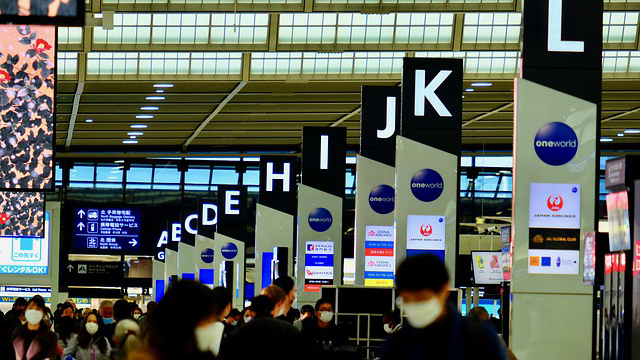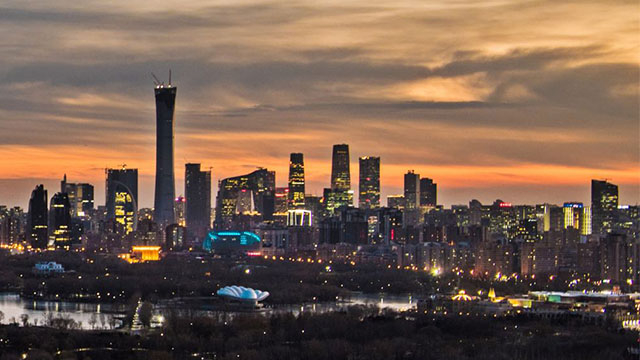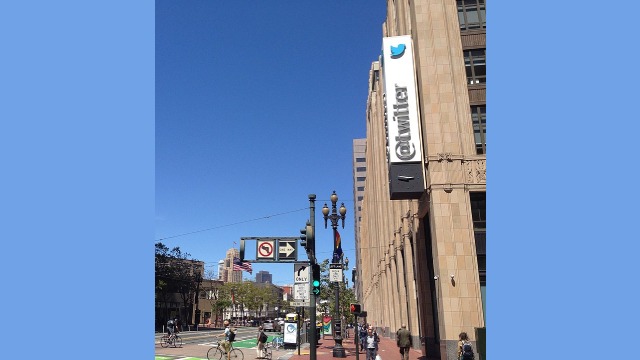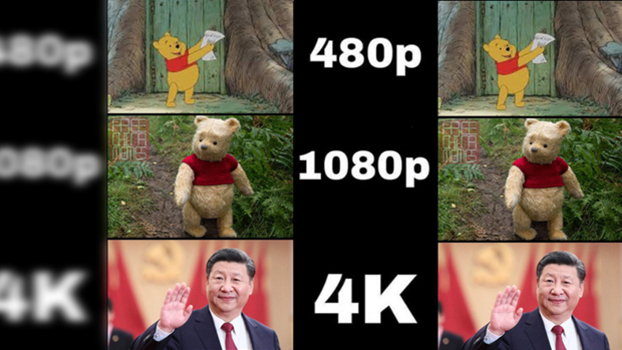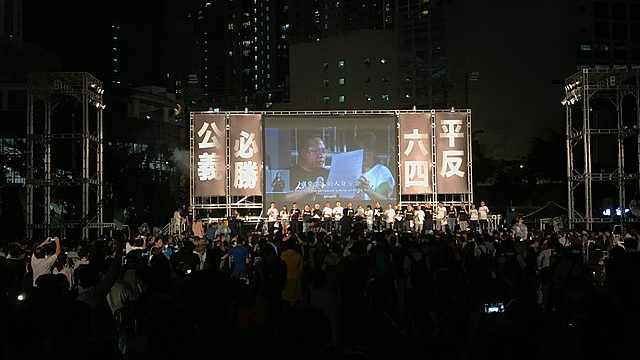
HONG KONG – Hong Kong has prohibited a planned annual march to mourn the victims of the 1989 Tiananmen Square crackdown and effectively banned a candlelit annual vigil that has taken place without interruption for 30 years, the organizer said Thursday.
The Hong Kong police banned a march and two rallies that were to take place on May 31, citing the risk of COVID-19 infection, said Richard Tsoi, spokesman for the Hong Kong Alliance in Support of Patriotic Democratic Movements of China.
The government has also effectively banned the vigil for the Tiananmen Square massacre, which has taken place annually since 1990 and been attended by tens of thousands, sometimes more than 100,000, people. Tsoi said while police have yet to formally respond to an application for the annual vigil, to be held in Victoria Park, they were not optimistic.
Tsoi expressed his group’s dissatisfaction with the government’s decision.
“I can’t believe there had been no political considerations in killing these protest events,” he told VOA, adding that social distancing measures have eased for many other gatherings.
After many days without local transmissions of COVID-19, the authorities have in recent weeks announced the easing of some restrictions, including allowing restaurants, bars and many public facilities including swimming pools and libraries to reopen, but not sports grounds. Saunas, party venues, nightclubs and karaoke bars will reopen May 28 while students from upper forms at high schools can return to their classrooms starting May 27.
Hong Kong’s secretary for food and health, Sophia Chan, told reporters Tuesday authorities had extended social distancing measures for 14 days, limiting gatherings to eight until June 4, which is the crackdown anniversary. The restrictions, implemented to prevent the spread of COVID-19, were to expire Thursday.
The extension means the annual June 4 vigil led by pro-democracy groups can’t be held at the massive lawn and football grounds at downtown Victoria Park for the first time in three decades but officials dismissed allegations that political considerations were involved.
Hong Kong’s leader Carrie Lam said decisions on social distancing measures were purely based on the public health and safety and not political considerations.
Critics have accused police and government authorities of using anti-epidemic laws to bar protests, which have been emerging amid increasing encroachments by Beijing. Police have in past weeks broken up protests at shopping centers, treated protesters and journalists roughly and arrested dozens of people.
Pro-democracy lawmaker Wu Chi-wai, the chairman of Democratic Party, said in a Legislative Council session Thursday that the coronavirus restrictions have become “a tool for the crackdown on the freedom of speech and assembly.”
He said it was possible for protests and rallies to take place while respecting social distancing rules, but the police were using the pandemic as a pretext to stop demonstrations.
Lee Cheuk-yan, chairman of the Alliance in Support of Patriotic Democratic Movements of China, said the Tiananmen vigil represented “a litmus test for one country, two systems.”
“We have to have a plan B,” Lee was quoted by Reuters as saying. “Instead of one point, we will do it everywhere, still with the powerful candlelight to condemn the massacre and mourn for those who died in 1989.”
The actual number of deaths from the crackdown on the Tiananmen prodemocracy movement remains unknown as China has never provided a full accounting of the incident.
The death toll given by officials days after the 1989 crackdown was about 300, most of them soldiers, with only 23 students confirmed killed. A secret diplomatic cable from then-British ambassador to Beijing, Alan Donald, dated June 5, 1989, and released in 2017, said the Chinese army killed at least 10,000 people. This death toll is much higher than previously cited estimates, which ranged from hundreds to about 3,000.
Source: VOA



